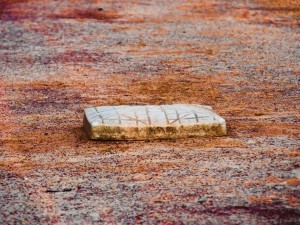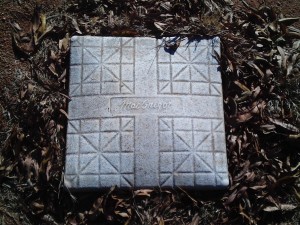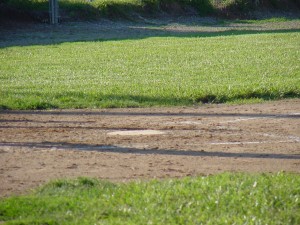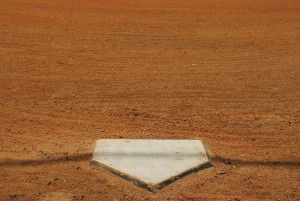Keep the Homeschool Bases Covered
A couple of weeks ago I started a blog series about curriculum choices. In my workshops, I use the analogy of baseball. Good teams keep the bases covered when they are playing the game. It is also good for homeschool families to make sure the basics are covered when choosing curriculum.

You Must Have Bases
If you want to have a fun and interactive baseball game, you have to have bases. Those bases can be official padded markers, trees, or carefully placed toys—it doesn’t matter what it is. You can’t play a baseball game without these necessary designations.
The same is true of homeschooling. You have to have “bases.” I want to look at those bases as curriculum.
What is necessary?
I consider the essential curriculum elements (or “bases”) to be reading, writing, and arithmetic. Many people call these the Three R’s of education.
1st Base

If a student can read, he can explore any subject further.
The first curriculum choice for us has always been language studies. For little ones, it meant finding tools to incorporate beginning reading skills. We really like Teach Your Child to Read in 100 Easy Lessons which gives a sequence, as well as direction in establishing good reading skills.
For my older girls, our first base is a strong grammar and vocabulary program, as well as a plan to read good literature. Our favorite grammar curriculum is Rod & Staff’s Building Christian English Series, and I often use the reading lists from The Well Trained Mind. Our vocabulary comes from Spelling Power and literature study guides.
If I were helping you choose curriculum, I would lead you to make the language choice first. Don’t focus on anything else until this is decided.
REMEMBER: Your first base may not look like mine. That’s ok! Pick a curriculum that makes sense to you or that just happens to be in your “backyard.” We were given Teach Your Child to Read in 100 Easy Lessons, so it became our phonics/reading curriculum instead of the expensive box set.
2nd Base

If a student can write, they can communicate their thoughts and knowledge clearly.
It is essential that we teach our children to communicate. Even if it is just a Facebook post, the words we write or type should portray our thoughts accurately.
For younger children, this means teaching motor skills needed to have legible handwriting. It also involves dictation and writing experiences. We like to use First Language Lessons for the pre-writing stage, and Handwriting Without Tears for developing handwriting success.
For older children, tools are needed to develop writing skills for many different purposes and environments. Our grammar curriculum incorporates a range of writing lessons covering poetry, business letters, essays, etc. We have also used Institute for Excellence in Writing’s materials to incorporate variety and writing skills for history and science reports.
Secure your 2nd Base by offering curriculum which helps your children communicate effectively through writing.
3rd Base

If a student has a strong foundation in arithmetic, he can evaluate situations and needs.
Arithmetic is the basics of math: adding, subtracting, division, and multiplication. A person must be able to manipulate numbers and relations to survive. Money alone is a good reason to make this subject a priority for your student’s education.
Look for math curriculum which offers a variety of tools to help a child see and understand numbers. Younger students will need to understand relationships. Older students need an understanding of how the symbols relate in different ways.
You will find lots of different “bases” for math education. I encourage you to find one that makes the most sense to you as a teacher, and look for curriculum that has stood the test of time. For us, RightStart Math has been a great beginning arithmetic program.
Home

The last and most important base is your home. There is so much that could and probably should be said here. This base needs to be the most protected. Home base may not receive formal curriculum, but it is the foundation of homeschooling. For us, home base is our Bible studies and the development of our children’s character.
First and foremost, you are a parent. Love your children, play with your children, teach your children how to be responsible, show your children how to care for others. Don’t forget to cover this base with prayer, love, and lots of grace!
Once you make sure the bases are covered, then you can cover the outfield…maybe even throw in a shortstop! History, science, music, art, foreign language, logic…these are all built on the foundations of your bases.
Feeling overwhelmed by curriculum choices? Stick to the bases. Make sure those are covered, and everything else is a bonus!
